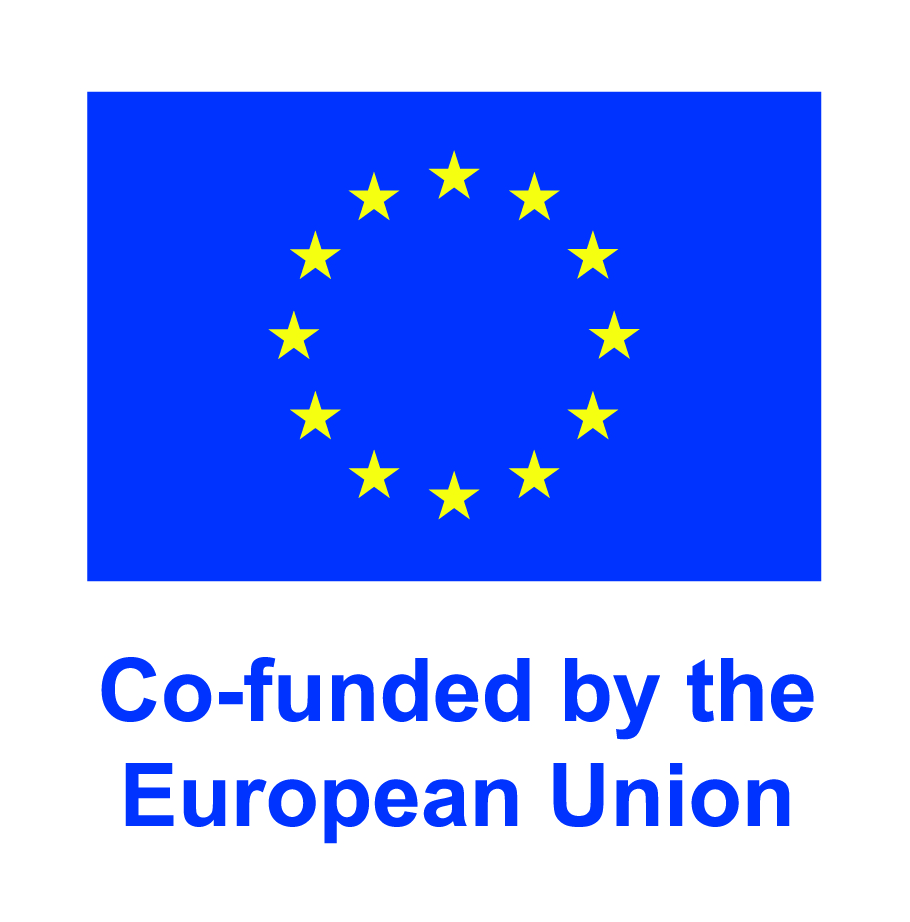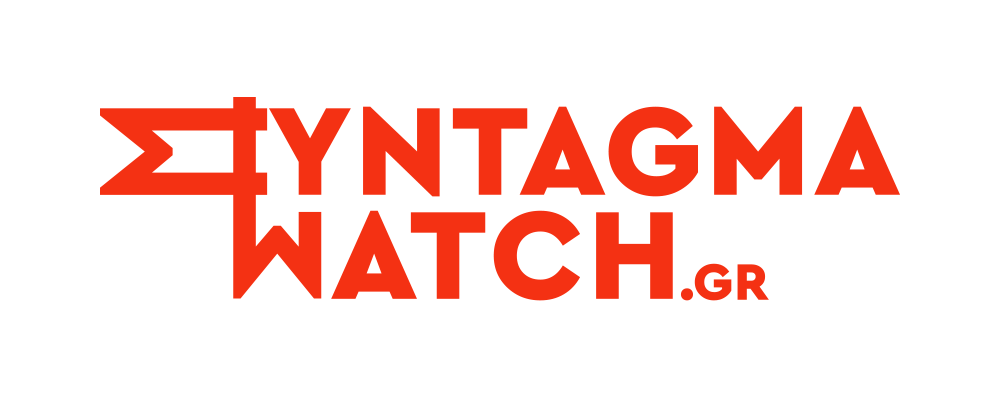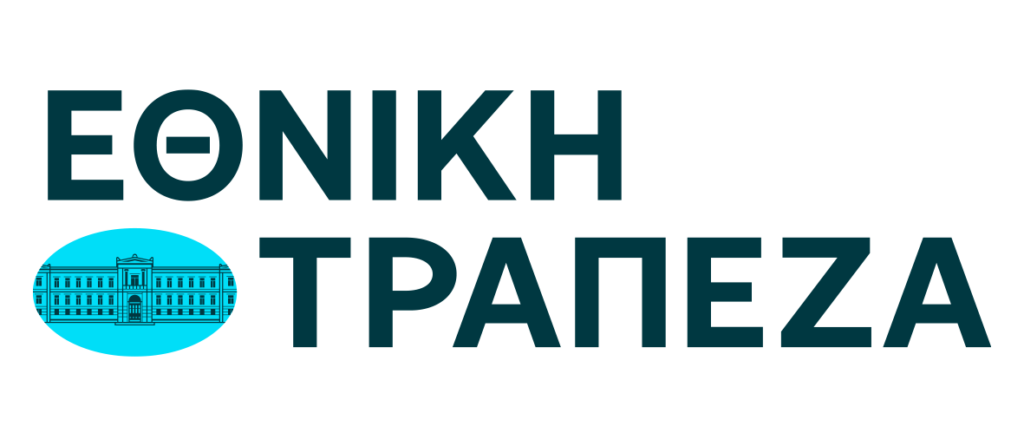Article writer: Angelina Tsakiri, Public Awareness Projects Officer, ActionAid Hellas
Dealing with cyberviolence: Tips for parents
How can we deal with online violence? Is there anything we could do to be less concerned with our children’s exposure to the internet? There may not be a guide for each child specifically, but there are certainly some steps and behaviors that can guide parents who often feel like they are treading in uncharted waters due to a lack of adequate education and information. Two women with different experience on the subject, Marianna Tzima, who is a Psychologist and Head of Communication and Educational Programs at the International Institute for Cyber Security and Christina Kyriakidis, Head of Programs at the Codeca Organization (Center for Social Cohesion, Development and Care), share with us some advice and guidance for parents.
How do I know that my child is experiencing online violence?
First of all, parents are worried about how they will understand that their child is receiving online violence. According to research on cyberviolence against women and girls carried out in four countries (Greece, Italy, Cyprus and Slovenia), in the framework of the European project TRACeD, with the participation of parents, it was said that “behavior change in children, is usually manifested by being antisocial, stop extracurricular activities and refuse to go to school. It can then even lead to suicidal thoughts or attempts.”
Therefore, children are likely to feel fear, anxiety and shame as Christina Kyriakidis said, to close themselves off or even have self-destructive thoughts. Accordingly, Marianna Tzima advises parents to be vigilant regarding changes in their child’s behavior, e.g. if they see that they have suddenly started to avoid online contacts and being active in internet and social media, without this being justified by a change in their personal preferences, or if they are unable to stop contacting someone online and get obsessed with that.
What should parents do in this case and how can they manage it?
“I have no idea how to be a parent in the digital age. I have zero experience. I want to be better informed and educated about how to deal with problems online,” said a parent who participated in the survey.
There are certainly no “dos” and “don’ts” according to Marianna Jima. It is good to avoid extreme reactions even if the children themselves have “made mistakes”, that is, they have been involved in dangerous online behaviors. And this is because it is important for children to feel that their parents/guardians will be supportive and help them deal with any situation. Parents need to give themselves time, even to contact professionals who can guide them both in the practical part of managing the situation and in the psychological one. As she pointed out, it is very important for children to learn that they should speak and ask for help, and for parents to be open to listening to children and making them trust them.
What should I do if I perceive abusive behavior to my child?
However, what should a parent do if they become aware of abusive behavior against their child online? In this case, as Marianna Tzima states, immediate action by the parent/guardian is needed, but without being intrusive. It is good for them to talk openly with the child about the incidents they have found to be happening and to be willing to listen to the other side, making the child feel safe. Also, as Christina Kyriakidis noted, because parents often feel ignorant and insecure in dealing with such incidents, it is advisable to seek help from a Mental Health specialist in order to receive the appropriate support, as well as advice on how to deal with the incident. It is very important that children learn the value of prevention and learn to recognize the signs of online violence.
Is it good to have limits on children’s exposure to the internet?
Of course it’s natural for parents to want to have control over their child’s exposure to the internet, so as one parent in the survey said “at one time I was constantly watching my child to make sure nothing weird was going on… her father and I were strict, we set a time limit on internet use.’
According to Marianna Tzima, parents need to set limits on their child’s use of the internet, after first having listened to the child’s needs without a strict style and punishment, as this may lead to the opposite results.
Discretion and avoiding criticism is very important, as Christina Kyriakidis says, so that parents can make the child feel safe, avoiding to show them the anxiety and embarrassment they may feel.
There is certainly no guide for parents and guardians, but what parents should keep in mind is that they should be close to their children so that they know that whatever happens to them, they can talk to mom and dad, as they will help them and not the other way around.
Supporting parents to deal with incidents of online violence and be properly prepared is very important. Parents can now seek support from professionals, lawyers, psychologists and educators on the TRACeD project’s new online platform, which allows parents to connect with psychologists, criminologists, lawyers and educators, to be informed and receive direct social and legal support for incidents of online violence.
TRACeD is a two-year project launched in March 2022, ending in February 2024. It is an EU-funded program, implemented by the Center for European Constitutional Law-Themistocles and Dimitris Tsatsos Foundation, along with the following partners: ActionAid Hellas, CODECA – Center for Social Cohesion, Development & Care, CSIi – Cyber Security International Institute, Fondazione Carolina and the University of Ljubljana.

Funded by the European Union, the Citizens, Equality, Rights and Values Programme (CERV-2021-DAPHNE). Views and opinions expressed are however those of the author(s) only and do not necessarily reflect those of the European Union. Neither the European Union nor the granting authority can be held responsible for them.


